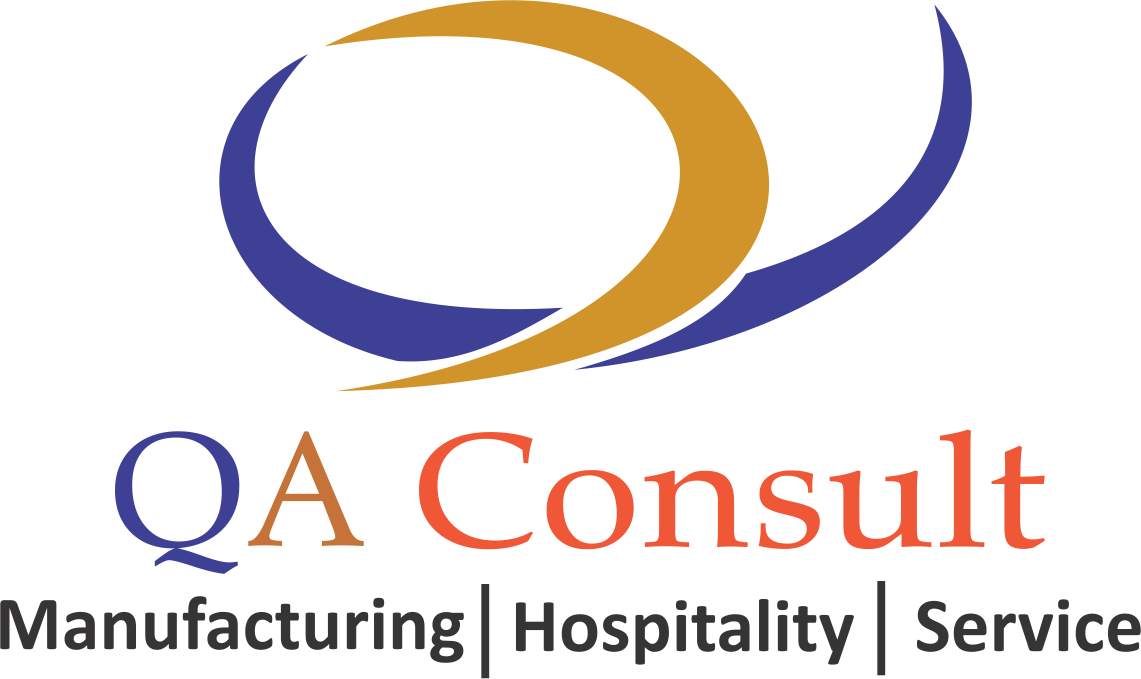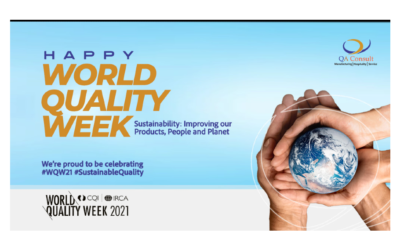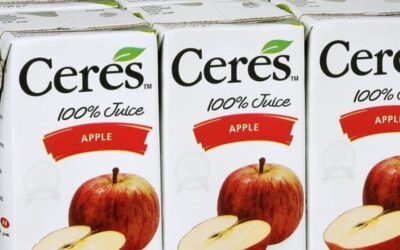The Hungry Potbelly – bringing nutrition to the fore as a nation!
As part of the long-term vision set out in Agenda 2063, the Assembly of Heads of State and Government of the African Union has adopted common African aspirations, drawing on the potential of its populations, in particular, a human-capital well-nourished citizens and in good health with a particular emphasis on women, adolescents and children. Human capital is key for development as it leads to improved lives for individuals, higher earnings and improved incomes for countries.” – AU website. The theme for this year’s AU Day celebrated on the 25th of May was “Strengthening Resilience in Nutrition and Food Security on the African Continent: Strengthening Agro-Food Systems, Health and Social Protection Systems for the Acceleration of Human, Social and Economic Capital Development. Raising the status of nutrition to a continental conversation is more than welcome.
The challenge
According to the findings of the Continental Accountability Scorecard launched by the African Union and the Africa Leaders for Nutrition (ALN) in 2019, data shows that globally: 150.8 million children under 5 years are stunted, and 58.7 million of those stunted (38.9%) are in Africa.
Furthermore, the findings from the Cost of Hunger in Africa Study estimates that African countries are losing the equivalent of between 1.9 and 16.5 percent of their Gross Domestic Product (GDP) due to child under-nutrition. It is also estimated that malnourished children are at risk of losing more than 10 percent of their lifetime earning potential. The above statistics gives cause for concern and hence the focus on nutrition by the continental body is timely. The issue of food security has been on the table of many developed and developing countries. The world population is now sitting at 8.0 billion as of June 2022 according to the most recent United Nations estimates elaborated by Worldometer. Feeding the world’s population is one challenge but ensuring that food is safe, of good quality and has the right proportions of nutrients presents a bigger challenge.
Nutrition
What is nutrition? Nutrition can be defined as Nutrition is defined as the science of foods, nutrients and other substances they contain; and of their actions within the body. The body relies on nutrients to grow and function properly. In this sense nutrition has an impact on the total wellbeing of a person. In other words, good nutrition is required for health and to a larger extent mental health. According to World Health Organisation (WHO) ‘‘Health is the state of complete physical, emotional, and social well-being, not merely the absence of diseases or infirmity.’’ There are several papers that connect good nutrition to mental wellbeing. Mental health can be defined as a state of emotional and psychological well-being in which an individual is able to use her or his cognitive and emotional capabilities, function in society, and meet the ordinary demands of everyday life.
Anatomically and physiologically the proper development of a foetus until birth depends on fully satisfying nutritional requirements in the course of pregnancy. It is common knowledge that good nutrition depends on a balanced diet. Ignorance of the types of nutrients constituting a balanced diet can lead to malnutrition and the negative developments it comes with. A balanced diet is one which includes a variety of foods in adequate amounts and correct proportions to meet the day’s requirements of all essential nutrients such as proteins, carbohydrates, fats, vitamins, minerals, water, and fibre. Diets that contain the above nutritional requirements promote good health and total wellbeing.
Interventions
The appreciation of nutrition as key to economic growth will only come about when the population is supported to understand what it truly means. It is common knowledge that food is fuel for the body, the reason why nobody is coerced to eat. The quantity of food eaten may satisfy hunger, but hidden hunger seems to pose a lot more issues. The quantity may be adequate but if it is not balanced nutrient-wise hunger persists. Just as the AU is promoting good nutrition this year, it behooves on individual Governments to have national discussions on how to make nutrition top of the agenda. This will start from reviewing existing policies on nutrition and raise the stakes higher. There are several institutions in Ghana dealing with the issue of malnutrition. These include Government agencies such as the Ministry of Health, Ghana Health Service and the National Development Planning Commission. Several Development partners such as the WFP, FAO and other NGOs are all supporting in their own ways, the nutrition agenda.
Thankfully the private sector led by the Association of Ghana Industries in the past few years has joined the call by galvanizing its members to support nutrition by taking part in food fortification programmes: the flagship one being the Obaasima Food Fortification project. The Obaasima programme is a national food fortification project aimed at decreasing malnutrition by making available through AGI food processing companies, affordable nutritious foods. Currently Obaasima foods are fortified with 18 vitamins and minerals namely vitamins A, D, E, C, K, B1, B2, B3, B6, B12, Folate, Magnesium, Calcium, Zinc, Iron, Iodine, Copper and Selenium. The project was under the sponsorship of GIZ, Bill & Melinda Gates, Sight & Life, DSM and implemented by the AGI and GSA. Presently the following fortified foods resulting from the project are on the market: TomVita Regular & TomVita X, Sunny Gari Mix, Lola Biscuit and Dunu Tom Brown produced by Yedent Agro Processing, Oxy Industries, Mass Industries and Praise Export respectively.
Presently there is a concerted effort by both the NPDC and WFP to rally stakeholders to take forward issues of nutrition in a more sustainable manner. A Nutrition Fund (N-Fund) is one of the ways we can bring nutrition top of mind.
Conclusion
“The doctor of the future will no longer treat the human frame with drugs but rather will cure and prevent diseases with nutrition” – Thomas Edison. Nation-building is key to any country that seeks the welfare of its people. Nutrition is one way of getting the workforce invigorated for the jobs they do. Prevention is better than cure and hence ensuring nutrition ‘replaces’ drugs is the sure way to go. Industry stands to benefit when employees have access to nutritious foods. The hands needed to turn the wheels of industry have to be necessarily healthy for the intensity of work they face daily. Nutrition is the way to go and all stakeholders in the nutrition space are called upon to leverage their individual strengths to promote nutrition.
Related Stories
Industry & Consumer Information with Johnson Opoku-Boateng: The Rise and Rise of Women in Business
Industry & Consumer Information with Johnson Opoku-Boateng: The Rise and Rise of Women in Business“Black female entrepreneurs don’t make excuses, we find solutions. We’re leaders – resourceful, ambitious, hardworking and creative. We’re powerful, unstoppable,...
This Week is World Quality Week 2021
This Week is World Quality Week 2021The Chartered Quality Institute (CQI) used to celebrate World Quality Day on the second Thursday in November. However, this year CQI is celebrating the World Quality Week from 8 to 12 November 2021. The QA (Quality Assurance)...
Ceres 100% Apple Juice Recall – Lessons to be Learnt by Food and Beverage Companies
Ceres 100% Apple Juice Recall – Lessons to be Learnt by Food and Beverage CompaniesOctober 15, 2021, Accra. “PRODUCT RECALL: CERES 100% APPLE JUICE”, FDA. You might haveseen a statement from the FDA with the above caption making the rounds on social mediabarely a week...
Get In Touch
HEAD OFFICE
Aviation Highway , East Airport ( Spintex)
Landmark: Endpoint Homeopathic clinic



